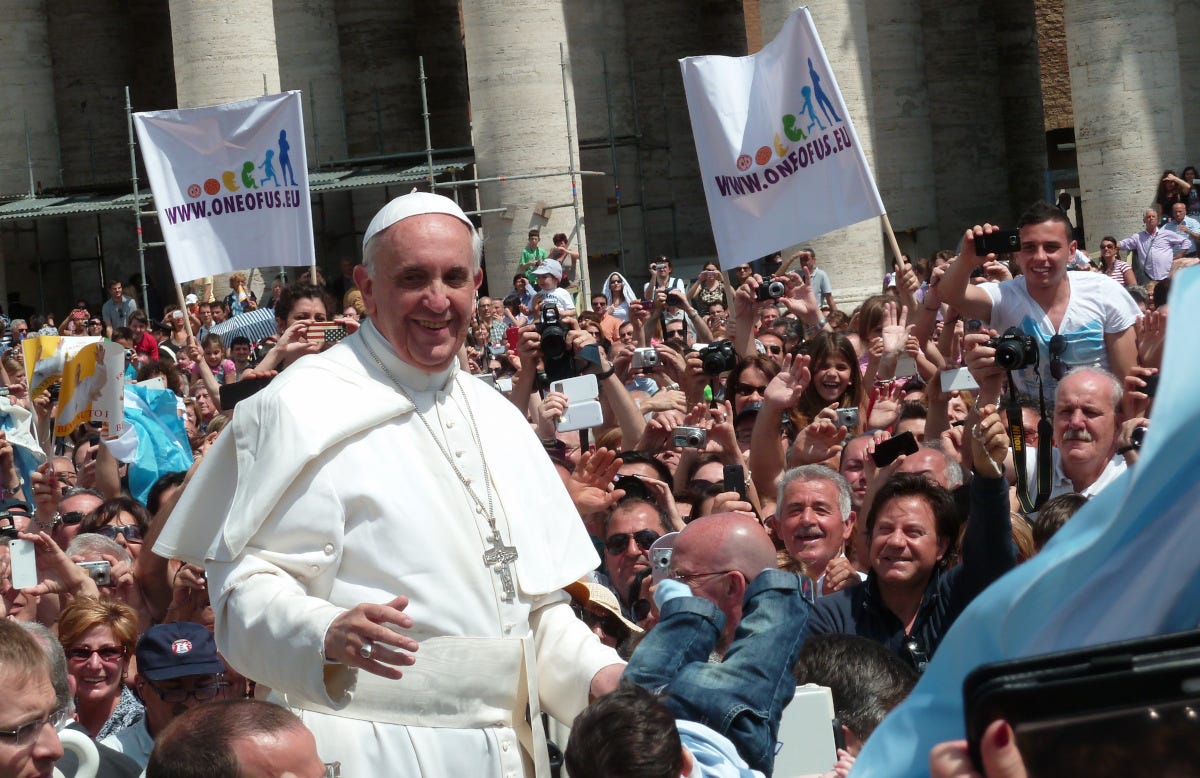Pope Francis set an example of Christian concern for the marginalized of all kinds
He became known as a different kind of leader from first days of his papacy

If Pope Francis is remembered for one line, it will be his response to a journalist who asked him about gay priests in 2013, early in his reign as the head of the Catholic Church:
If a person is gay and seeks God and has good will, who am I to j…


